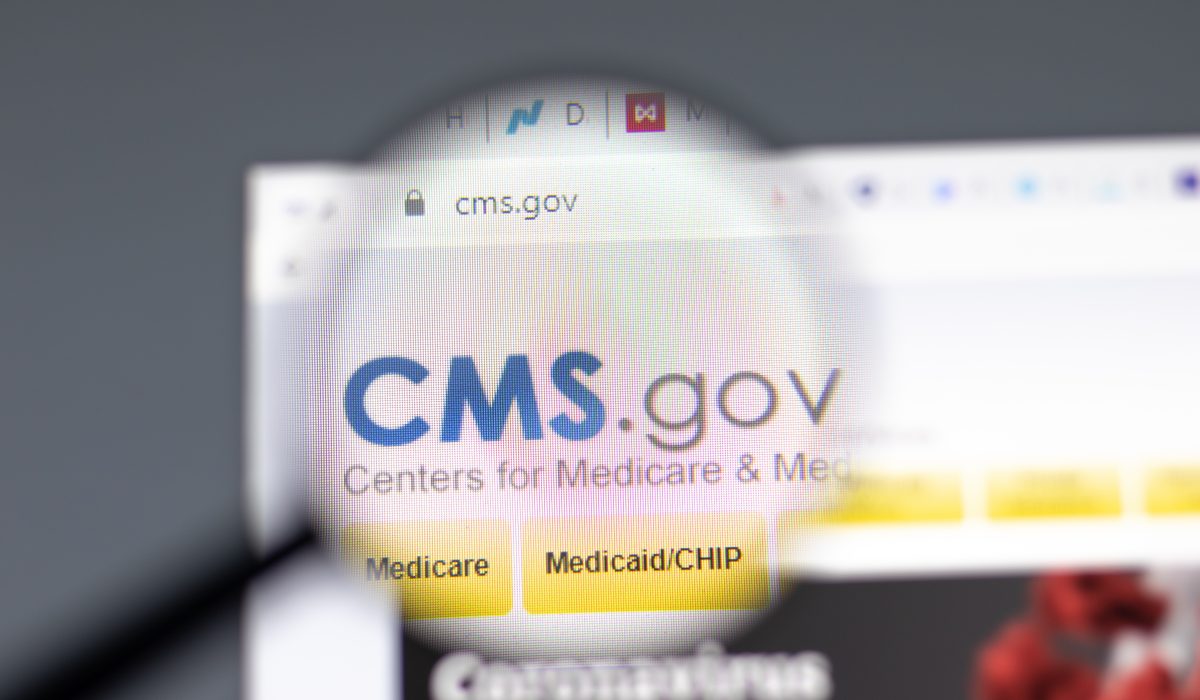Recently, CMS released a proposed rule outlining the Conditions of Participation (“COPs”) for Rural Emergency Hospitals (“REHs”). CMS is accepting comments on the proposed rule until August 29, 2022. Medicare payment, quality reporting, and enrollment are expected to be addressed by CMS in the forthcoming calendar year 2023 OPPS/ASC proposed rule. See here for a summary of the Consolidated Appropriations Act, 2021 (“CCA”) establishing the REH provider type.
Note that the information below is a high-level summary and does not include all CMS proposals. The full text of the proposed CoPs is available for review here or you can contact Advis for further details.
The proposed rule establishes CoPs but does not address proposed payment and enrollment policies. Modeled off CAH and existing hospital CoPs, the proposed REH CoPs address:
- Governing body
- Medical staff
- Provision of services
- Emergency Services
- Laboratory services
- Radiologic services
- Pharmaceutical Services
- Additional outpatient medical and health services
- Infection prevention and control and antibiotic stewardship
- Nursing Services
- Discharge planning
- Patients’ rights
- Quality assessment and performance improvement program
- Medical records
- Emergency preparedness
- Physical environment
- Skilled nursing facility distinct part
In addition to required services (emergency, laboratory, radiologic, pharmaceutical, and nursing), REHs may provide additional outpatient medical and health services. These are items and services that are commonly furnished in a physician’s office or at another entry point into the health care delivery system. The proposed rule suggests that REHs will be able to provide the following outpatient services at minimum:
- Outpatient Rehabilitation
- Surgical
- Maternal Health
- Behavioral Health Services
If providing outpatient and medical health diagnostic and therapeutic items and services, those items and services must align with the health needs of the community. For these services, the REH must:
- Provide items and services based on nationally recognized guidelines and standards of practice
- Have a system in place for referral from the REH to different levels of care, including follow-up care, as appropriate
- Have effective communication systems in place between the REH and the patient and their family, ensuring the REH is responsive to their needs and preferences
- Have established relationships with hospitals that have the resources and capacity available to deliver care that is beyond the scope of care delivered at the REH
- Have appropriate personnel to provide such services
CMS believes it would be beneficial for REHs to provide maternal health services that include prenatal care, low-risk labor and delivery, and postnatal care. CMS is seeking comment on whether REHs should be permitted to provide low-risk labor and delivery, and whether or not they should require REHs to also provide outpatient surgical services in the event surgical labor and delivery intervention is necessary.
The CAA, 2021 added REHs to the list of permissible telehealth originating sites. Recognizing the important role telemedicine is likely to play in the provision of care by REHs, CMS is establishing an efficient process for REHs to credential and privilege clinicians who provide telemedicine services for the REH’s patients. Similar to hospitals and CAHs, under certain circumstances, when telemedicine services are furnished to the REH’s patients through an agreement with a distant-site hospital or telemedicine entity, the governing body of the REH whose patients are receiving the telemedicine services may choose to have its medical staff rely upon the credentialing and privileging decisions made by the distant-site hospital or telemedicine entity when making recommendations on privileges.
With respect to staffing, the emergency department of the REH must be staffed 24 hours a day, seven days a week to receive patients and activate the appropriate medical resources. Otherwise, the REH must have a professional healthcare staff that includes one or more doctors of medicine or osteopathy, and may include one or more physician assistants, nurse practitioners, or clinical nurse specialists. A registered nurse, clinical nurse specialist, or licensed practical nurse must be on duty whenever the REH has one or more patients receiving emergency care or observation care.
Advis has developed a model based on available guidance and can perform a financial feasibility to estimate the impact of an REH conversion for your rural hospital. Advis is also available to assist in strategic planning and design to facilitate the REH conversion process. Contact us today online or by calling (708) 478-7030 for more details.
Published: July 8, 2022





